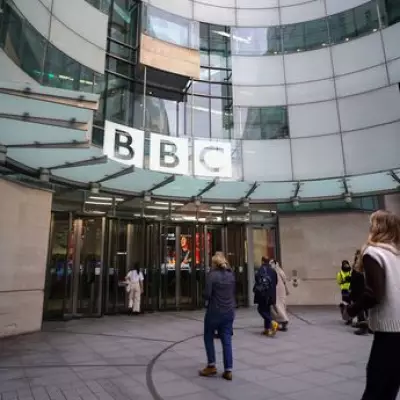
The Labour Party is facing significant internal backlash following its controversial candidate selection for the upcoming West Midlands mayoral race, with the party opting for Richard Parker over calls to include Conservative Mayor Andy Street on their ticket.
Selection Process Sparks Division
Despite growing pressure from within party ranks and some union supporters to consider the popular Conservative mayor, Labour's National Executive Committee has officially endorsed Richard Parker as their candidate. The decision has exposed deep divisions within the party's regional structure, with many questioning the strategic wisdom of the move.
Why Andy Street Divided Opinion
Andy Street, the current West Midlands Mayor, had garnered unusual cross-party support due to his perceived competence and collaborative approach to regional governance. Several Labour figures had privately advocated for his inclusion, arguing that his track record on economic development and transport infrastructure aligned with many of Labour's own objectives for the region.
Richard Parker's Credentials
The selected candidate, Richard Parker, brings substantial experience to the role, having served as a senior partner at PricewaterhouseCoopers and played a key role in the West Midlands Combined Authority. Supporters argue that Parker's economic expertise and understanding of regional development make him the ideal candidate to challenge Street directly rather than seeking accommodation.
What This Means for Voters
The decision sets the stage for a fiercely contested mayoral election that will test Labour's strength in one of England's most crucial political battlegrounds. With both major parties now fielding strong candidates, voters can expect a robust debate about the future direction of the West Midlands economy, transport network, and public services.
Political analysts suggest that Labour's refusal to consider Street represents a calculated gamble – betting that traditional party loyalties will ultimately outweigh cross-party appeals to individual competence when voters enter the polling booth.





